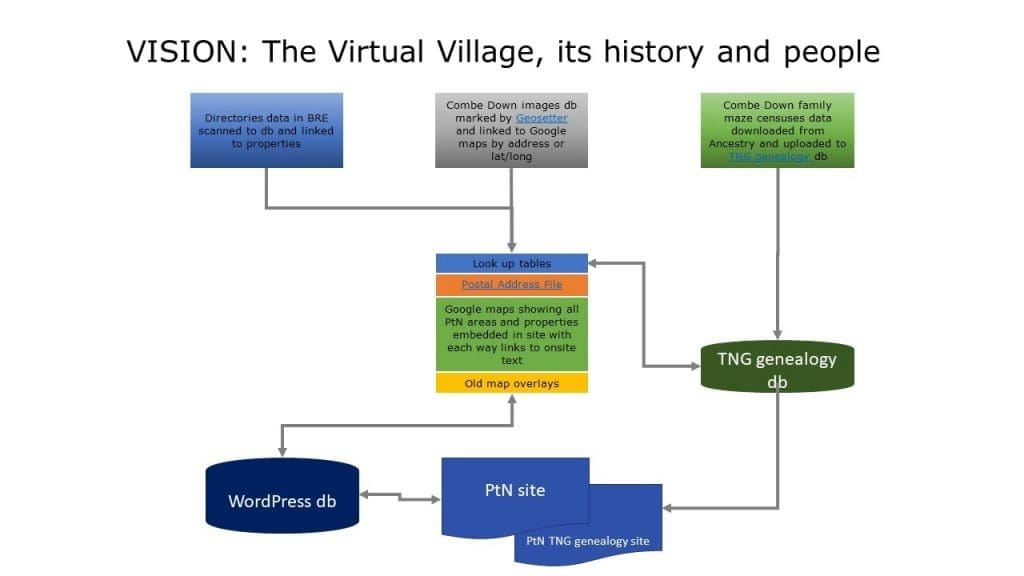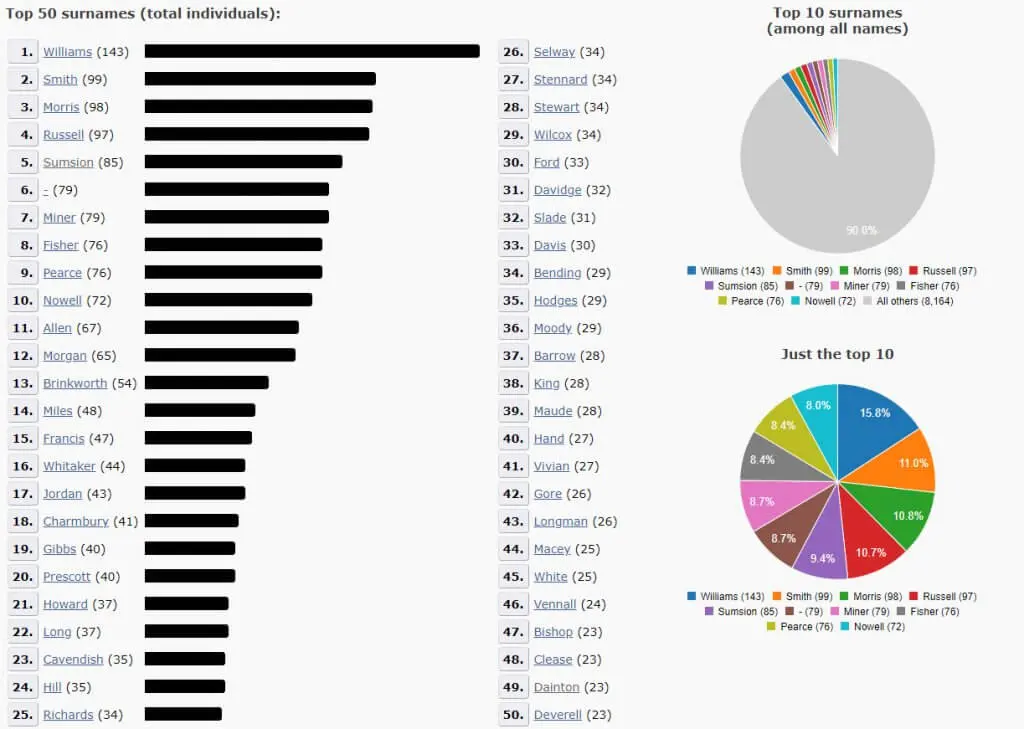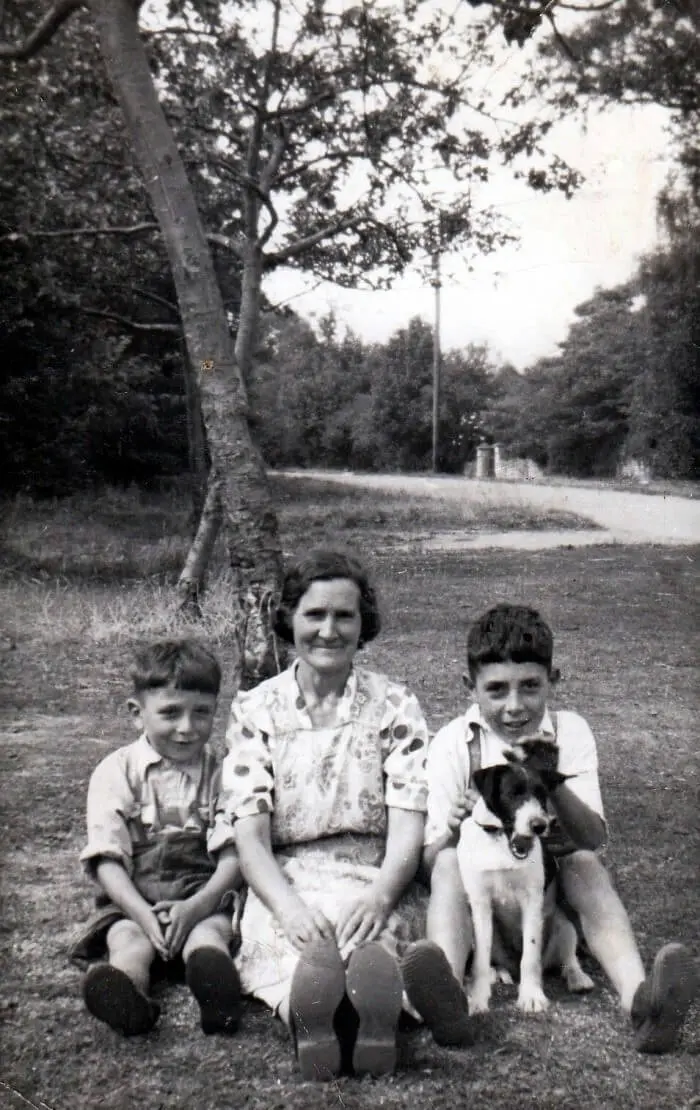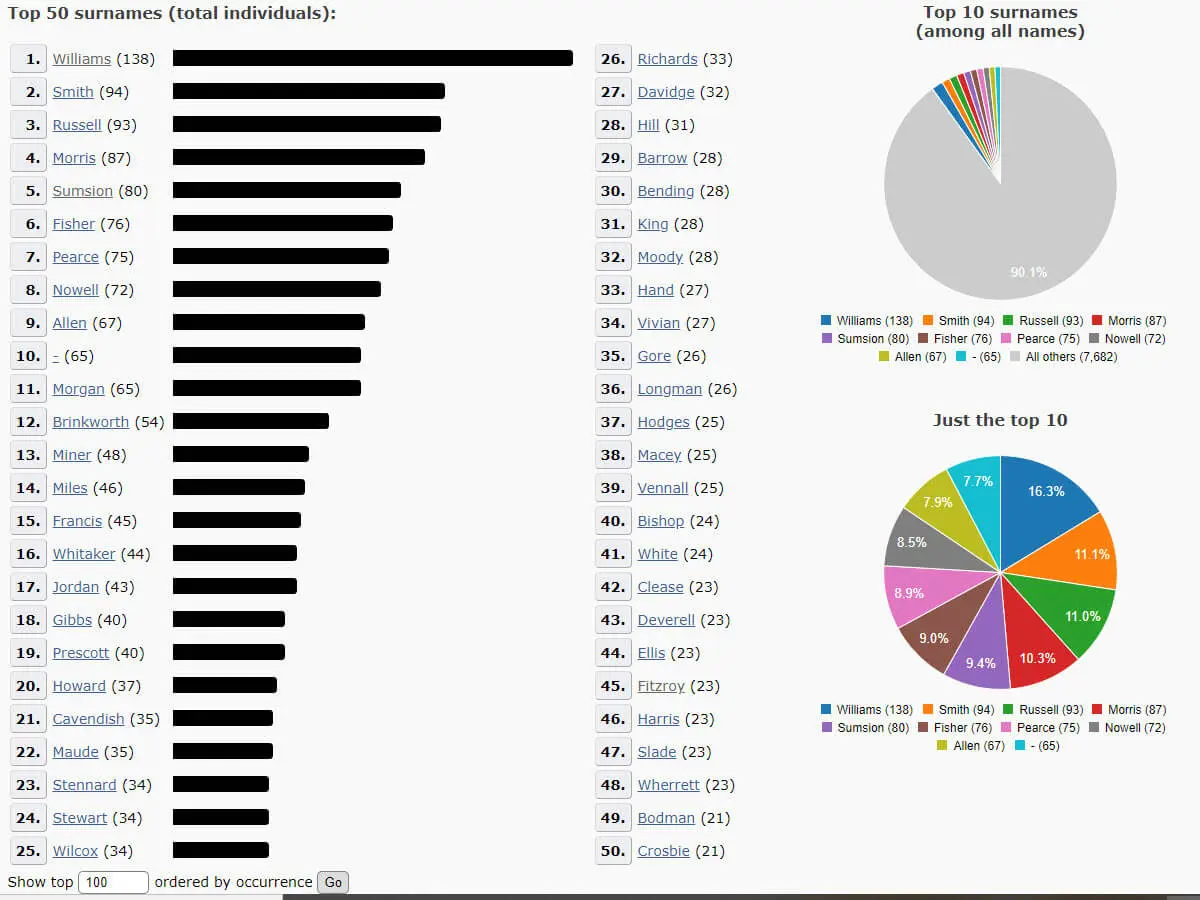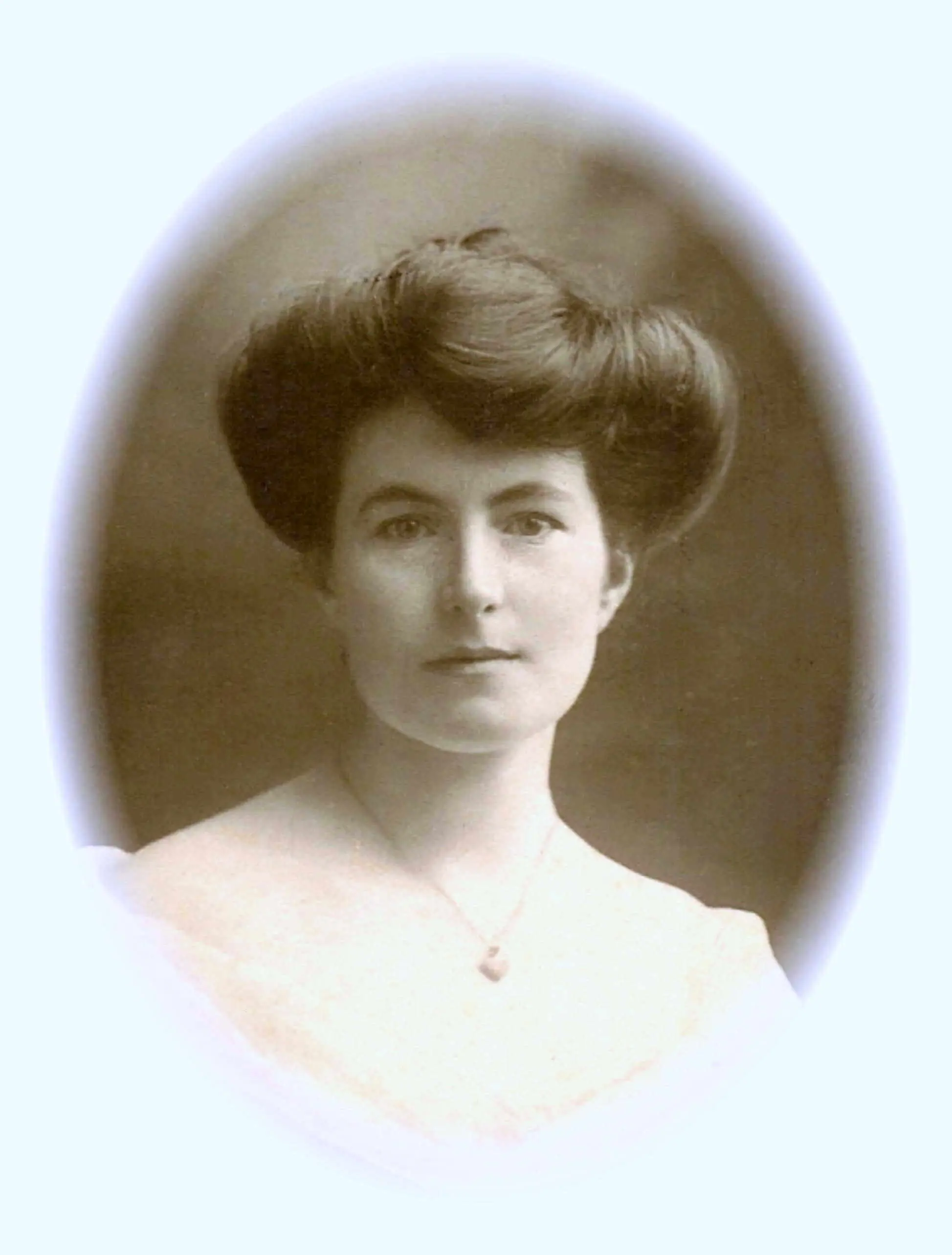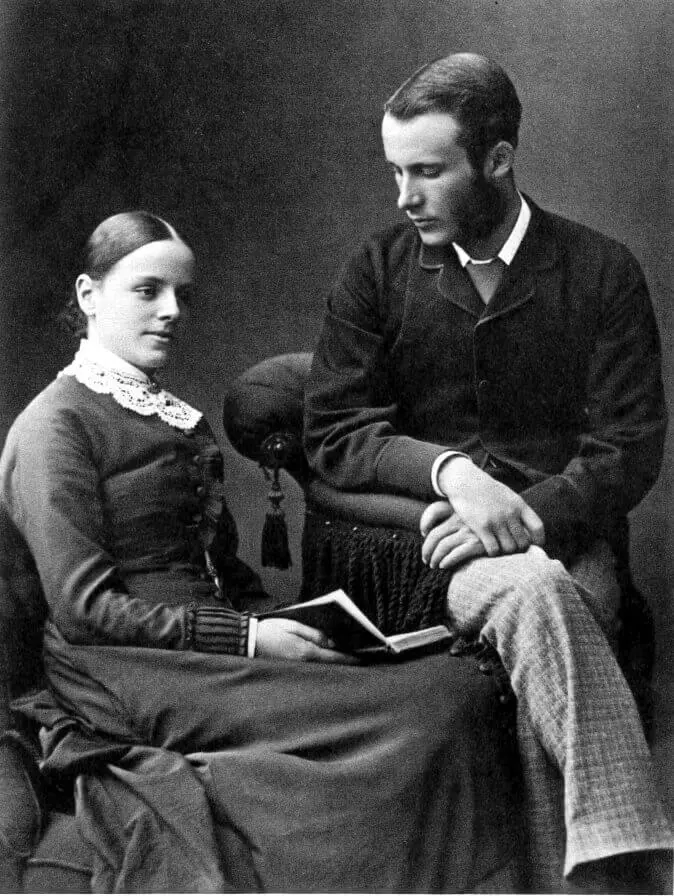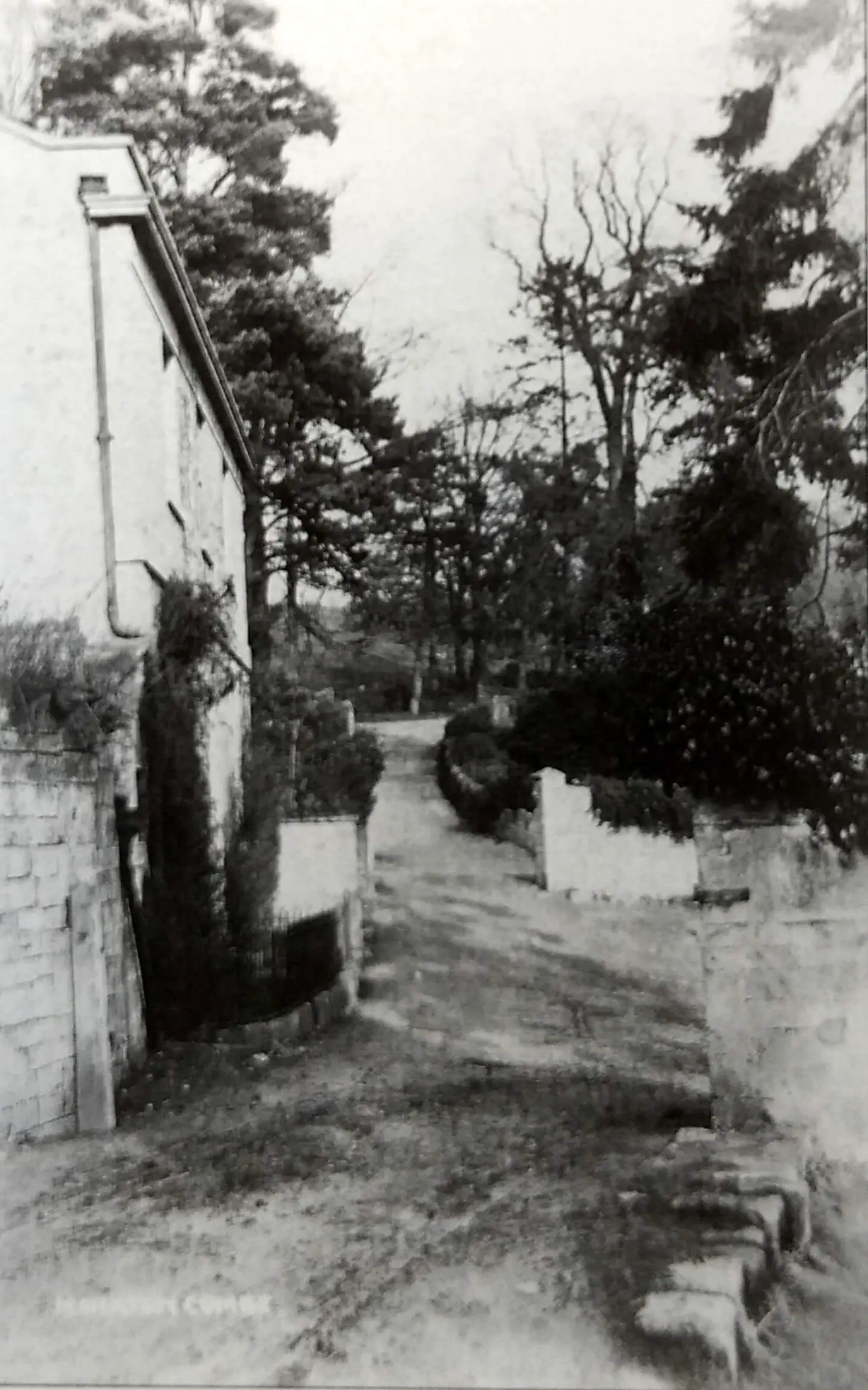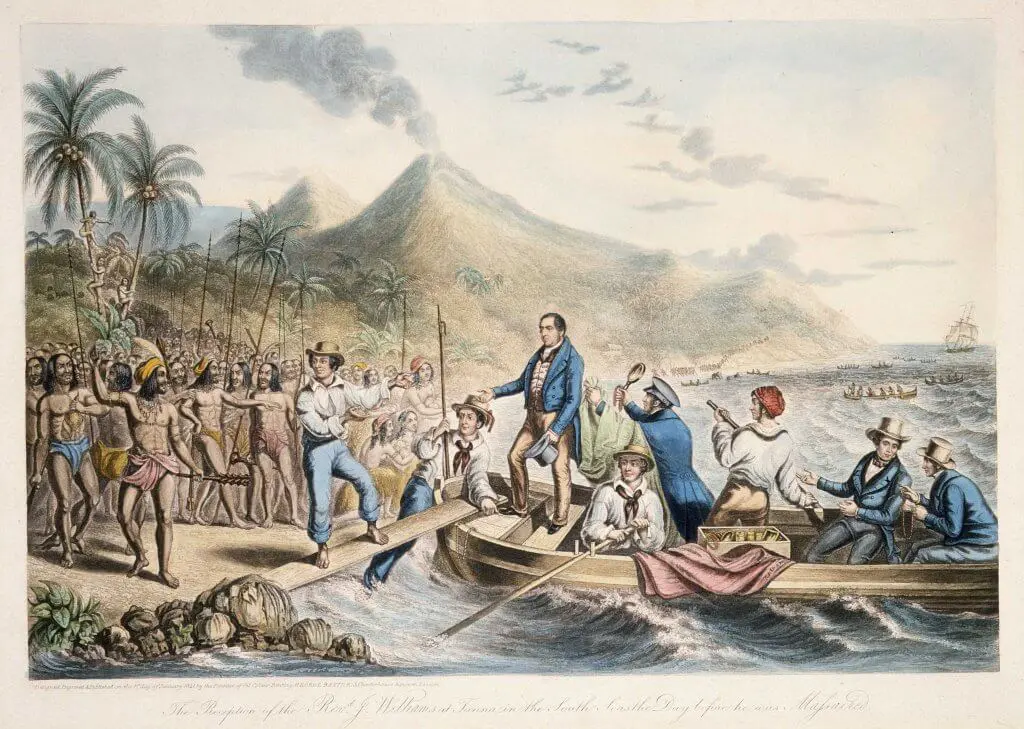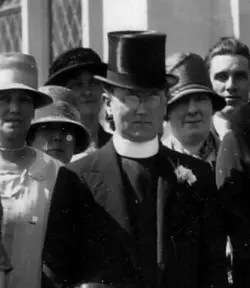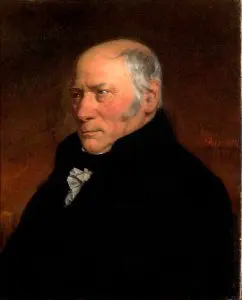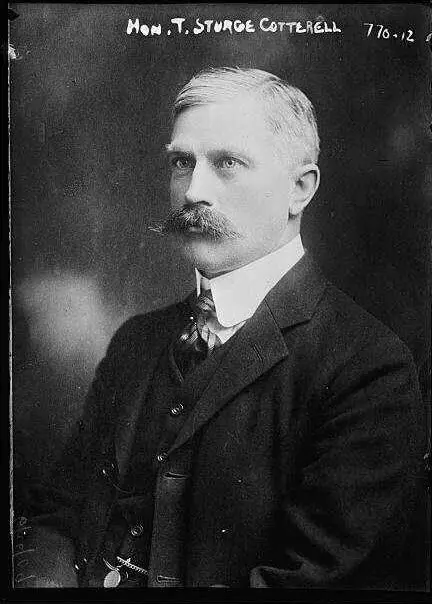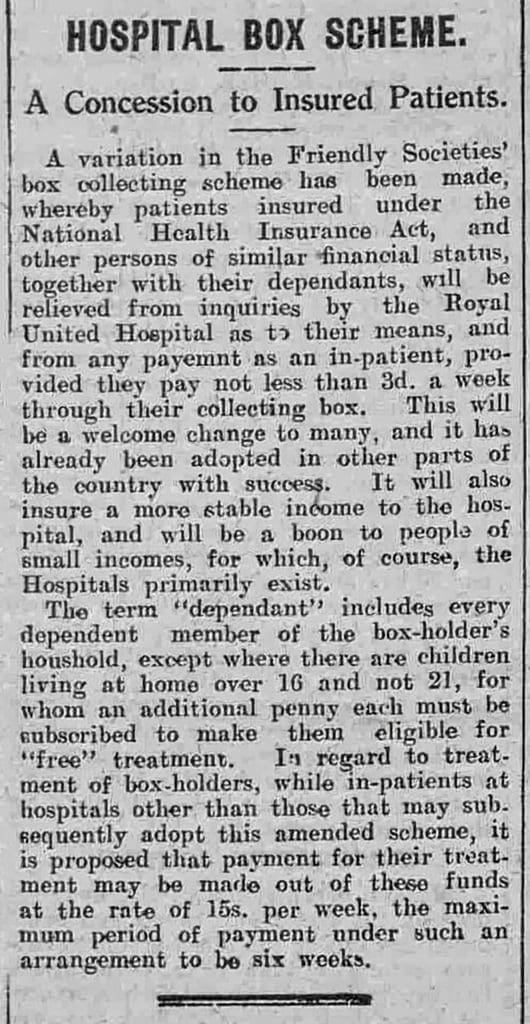
The article is: ‘Saving our hospital’: the remarkable Bath Royal United Hospital Box Scheme.
If you would like to tell more people about your unique family history, then please contact us via this page: I want to donate our family’s unique history.
John Daniels never knew his grandfather, Frank Pine, during his lifetime. He was a man who harnessed the life changing power of a movement – the Bath Hospital Box Scheme to help change people’s lives for the better.
Through his research into Frank’s life, John discovered that Frank’s accomplishments were overshadowed by his death just before the Bath Blitz and its publicity ensuring Frank Pine remained relatively unknown.
He has a fascinating tale to tell though, a tale of social security in two ways: establishing a role in society from humble beginnings and promoting the welfare of a community before the introduction of the Welfare State through friendly societies and local government.
Frank Pine played a significant role in the Bath Hospital Box Scheme, which saved the Bath Royal United Hospital from financial ruin.
Frank Pine relied on his connections to the Beckingsale family and had a close relationship with the Daniels family of Combe Down as he played a crucial role in these endeavours.
Alongside many other local residents, Frank and his family, as well as the Daniels family, actively participated in the political and social scenes of Bath, particularly Combe Down, during the 1920s and 1930s.
We’re so used to the Welfare State, including the NHS that we forget that before the second world war life was distinctly different especially when it came to health care.
The main availability of health care was the health insurance element of National Insurance, introduced in 1911 by Liberal Chancellor of the Exchequer David Lloyd George and expanded throughout the 1920s and 1930s.
This was a compulsory insurance scheme for workers in certain industries, though it generally did not cover family members.
The insurance granted access to a doctor from the local panel when needed, but usually didn’t stretch as far as hospital treatment.
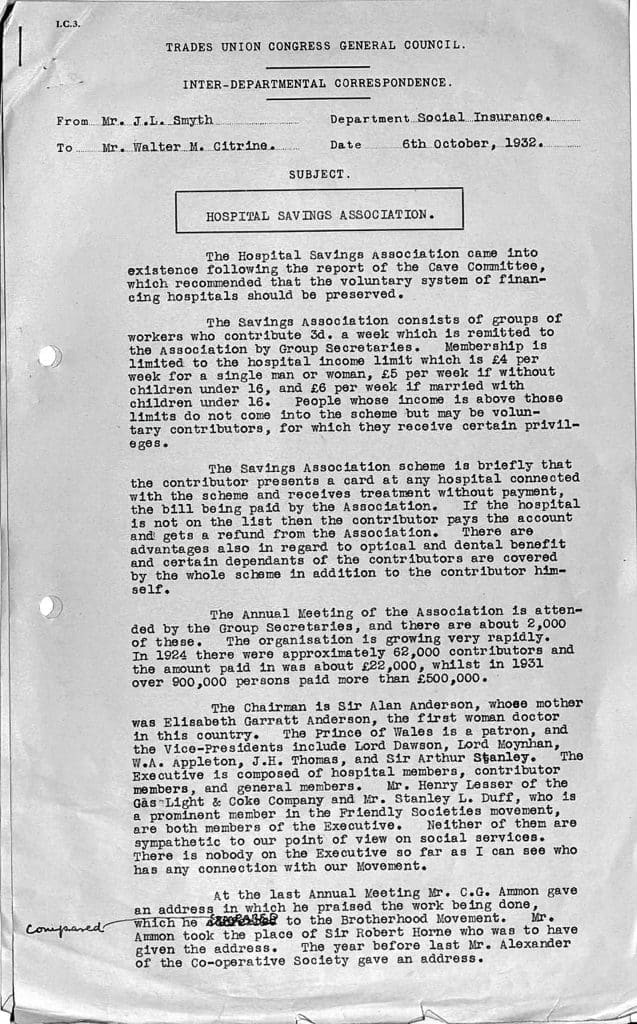
The other scheme was membership of one of the various community-owned mutual aid funds and medical clubs, into which working people could pay while times were good.
They would receive access to a doctor, medicines and sometimes hospital treatment without having to see the almoner, by means of paying in advance.
Organisations followed a similar ‘hospital Saturday’ approach in fundraising for their local hospital.
These were named Saturday funds, as this was traditionally payday for workers, when they could make their contributions to the hospital.
The Hospital Saving Association (HSA) was founded in London on 11 July 1922, focused on providing cover for working people, with both member and their employer contributing.
The association was formed as limited liability, but non-profit.
Those taking part in the scheme were exempted from charges at the London Hospital (now the Royal London Hospital) and other voluntary hospitals taking part in the scheme.
In Bath and the surrounding areas there was the Bath Hospital Box Scheme that was vital to the survival of the Royal United and other hospitals – Frank Pine played an important role in its success.
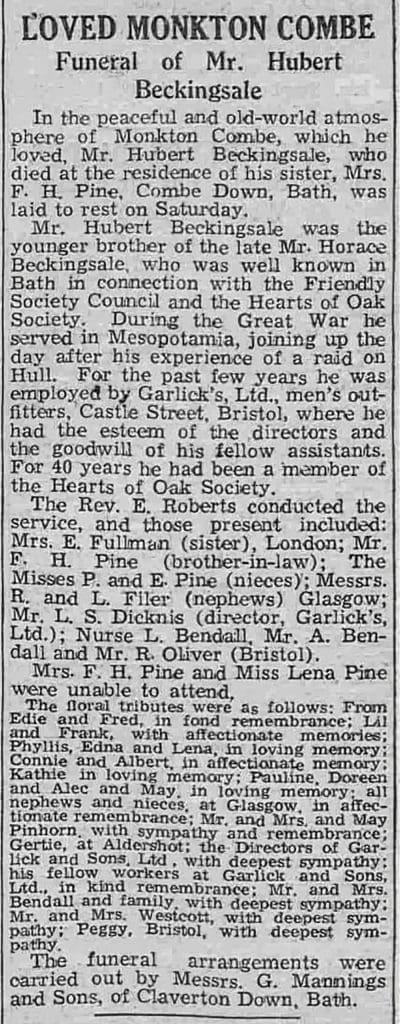
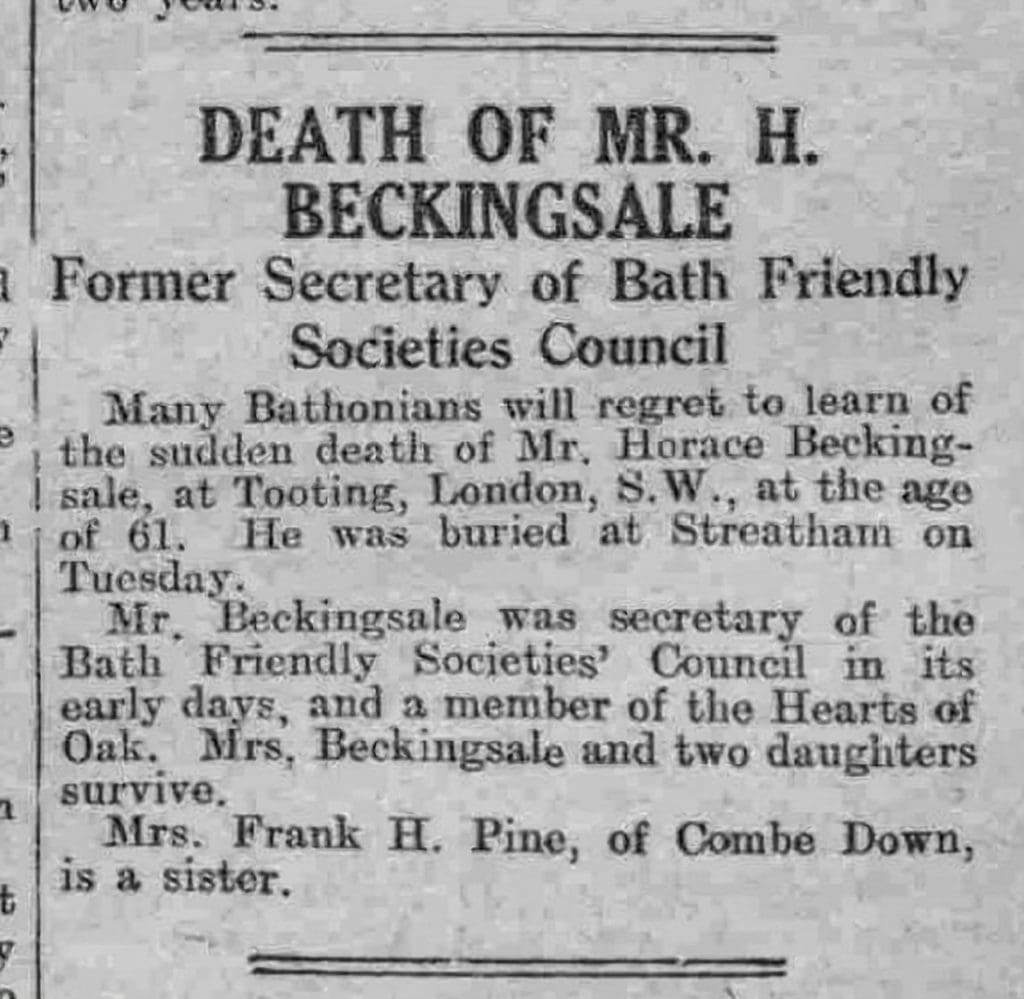
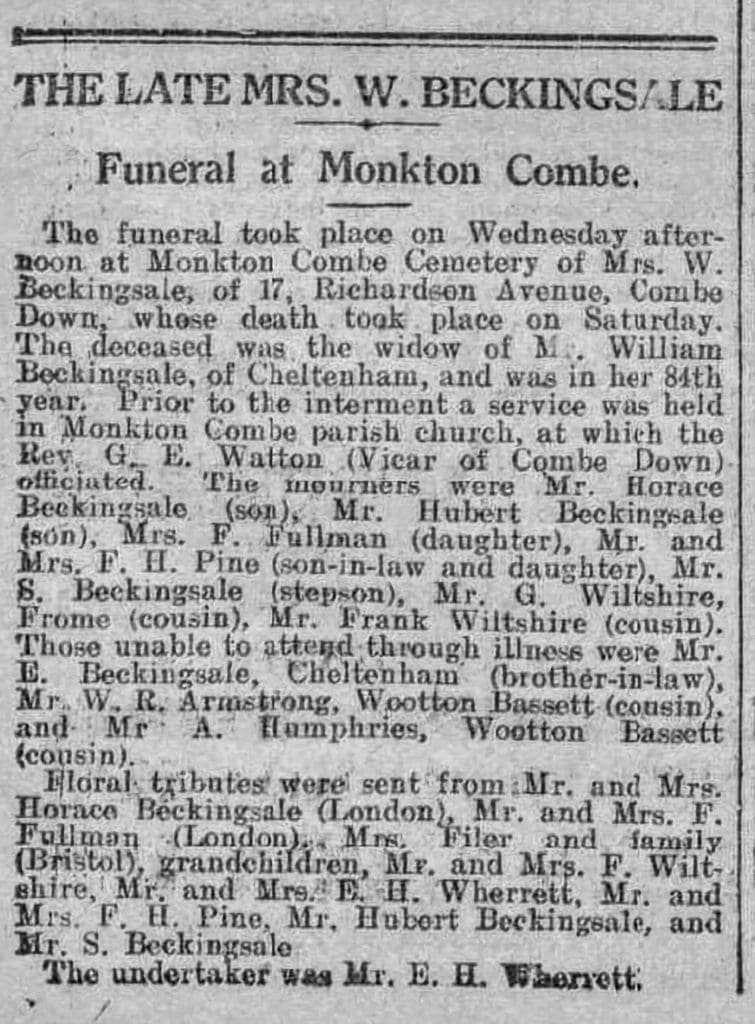
He and his family lived at The Firs and, as well as his role in the Bath Hospital Box Scheme he found time to serve non Combe Down Council.


